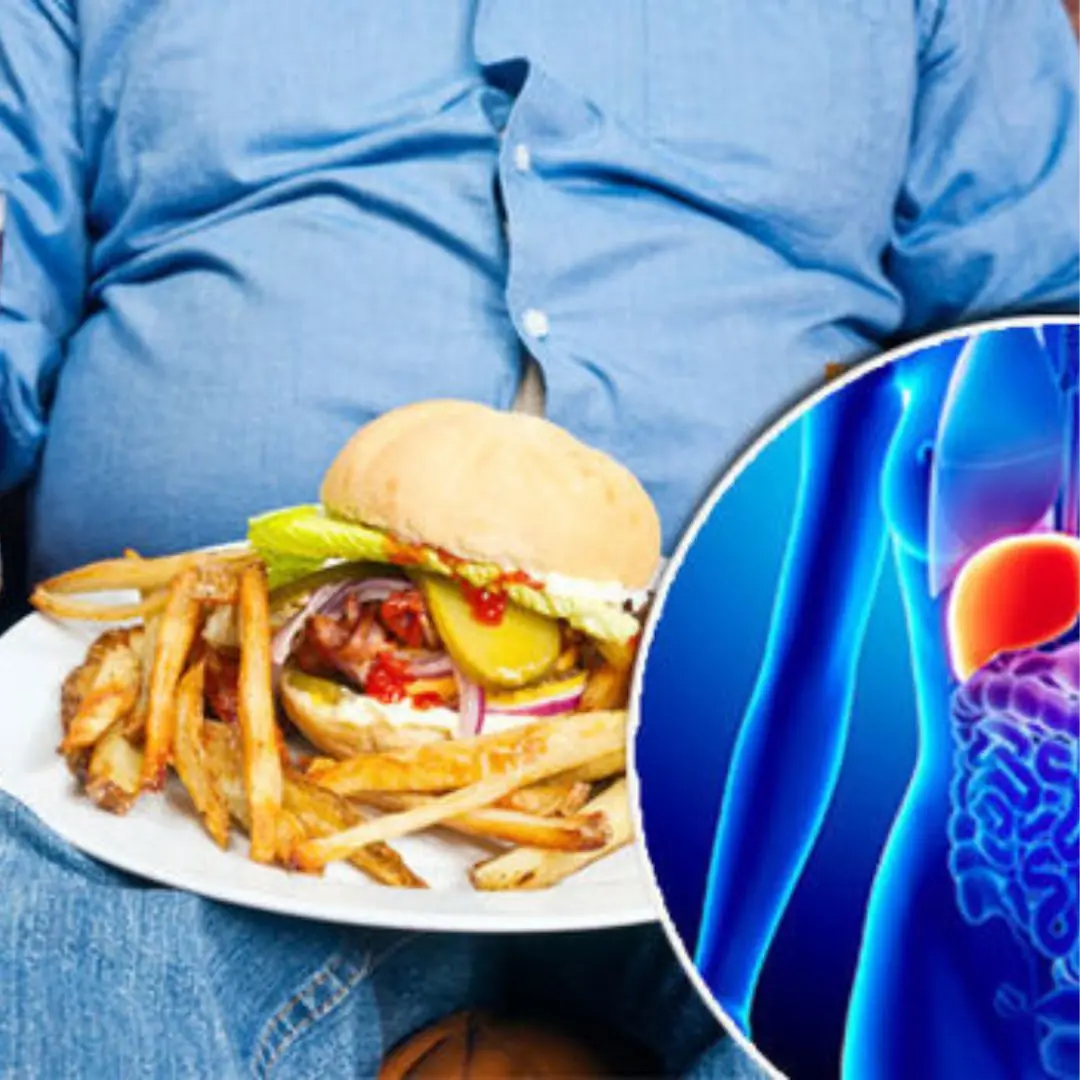
6 Types of Food You Should Never Keep Overnight
6 Types of Food You Should Never Keep Overnight — It’s Better to Throw Them Away Than Risk Your Health!
Health experts emphasize that most foods, if stored properly in airtight containers in the refrigerator and consumed within 24 hours, are generally safe. However, there are certain foods that should never be eaten after being kept overnight — it’s safer to discard them, no matter how much you regret wasting them.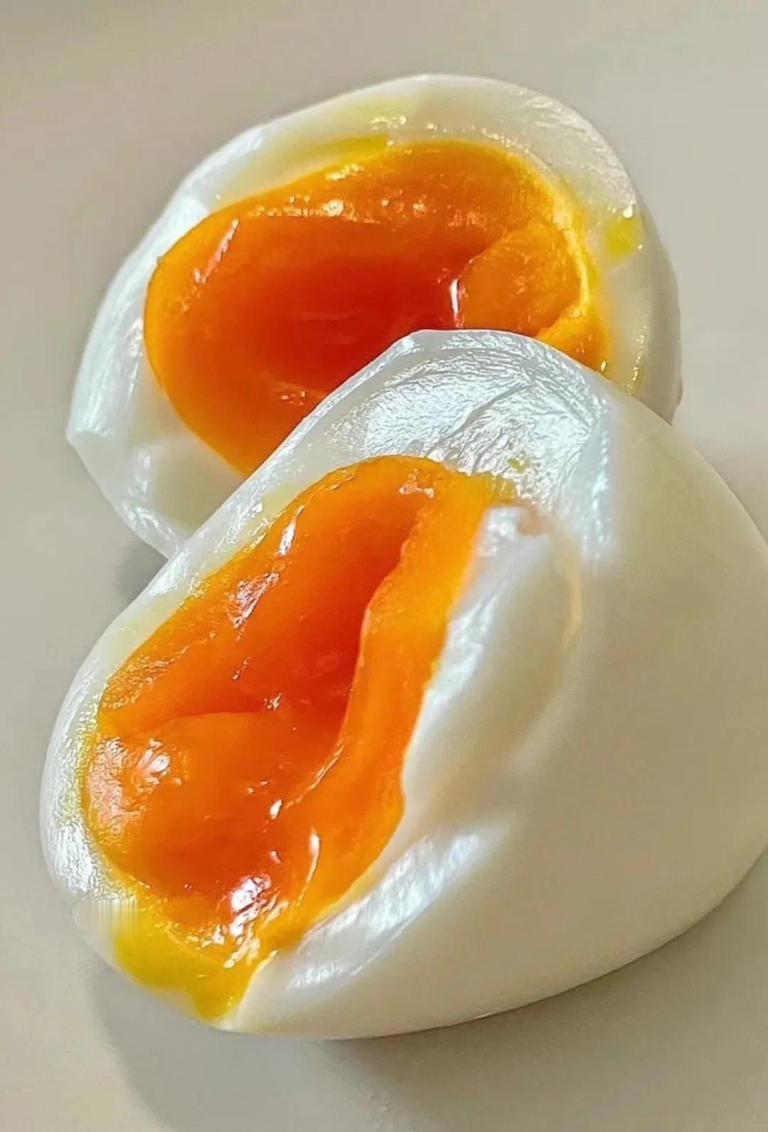
In many Vietnamese households, storing leftovers in the fridge has become a daily habit. Dinner leftovers are often reheated for breakfast the next morning. Younger people tend to worry that “overnight food is toxic,” while many parents and grandparents argue that “we’ve eaten it for years without a problem.” In reality, experts confirm that most dishes are fine if handled properly and eaten within 24 hours. Even drinking water left overnight in a covered container is not harmful.
The problem is: not every food can be safely stored overnight. Some seemingly harmless dishes can actually become breeding grounds for dangerous bacteria and even produce deadly toxins when left too long. Here are 6 types of food you must never keep overnight, no matter how reluctant you feel to throw them away.
1. Cooked Seafood
Shrimp, crab, clams, and other seafood are rich in protein and moisture, making them perfect targets for bacterial growth. When stored overnight, they can harbor Vibrio parahaemolyticus, one of the most common causes of summer food poisoning. Eating reheated seafood may still lead to severe stomach cramps, acute diarrhea, and dehydration — because not all bacteria are killed by heat. The best advice: buy only what you need, eat it fresh, and don’t store leftovers.
2. Soft-boiled Eggs
Soft-boiled eggs are loved for their creamy yolks, but they’re also a hidden health risk. Since they aren’t fully cooked, harmful bacteria like Salmonella may survive inside. Leaving them overnight allows bacteria to multiply rapidly. Eating them later can cause food poisoning with symptoms like vomiting, diarrhea, and stomach pain. For children, pregnant women, and the elderly, the risk is even more severe.
3. Raw Salads and Mixed Dishes
Refreshing salads and mixed dishes are popular in hot weather, but they pose the highest risk if kept overnight. Since they are not cooked, bacteria present on raw ingredients remain alive and can grow even in the fridge. Eating them the next day often leads to indigestion, diarrhea, or bloating. Many cases of food poisoning from street-bought salads have been linked to this issue.
4. Leftover Baby Food
Parents often save unfinished baby food like porridge, soup, or mashed fruits and vegetables. However, once a baby eats from it, saliva mixes into the food, creating the perfect breeding ground for bacteria. Reheating it the next day and feeding it again is like giving your child a “bacterial soup.” The consequences can include diarrhea, fever, and weakened immunity. For infants, the risks are even more dangerous.
5. Soaked Wood Ear or White Fungus Mushrooms
Wood ear mushrooms and snow fungus (white fungus) are nutritious but can turn toxic if soaked in water for too long — especially more than 4 hours. Prolonged soaking can lead to the production of mycotoxins, highly dangerous substances that even boiling cannot destroy. In severe cases, mycotoxin poisoning can be fatal, with reported death rates as high as 40–100%. Always soak just enough for immediate use, and never keep them overnight.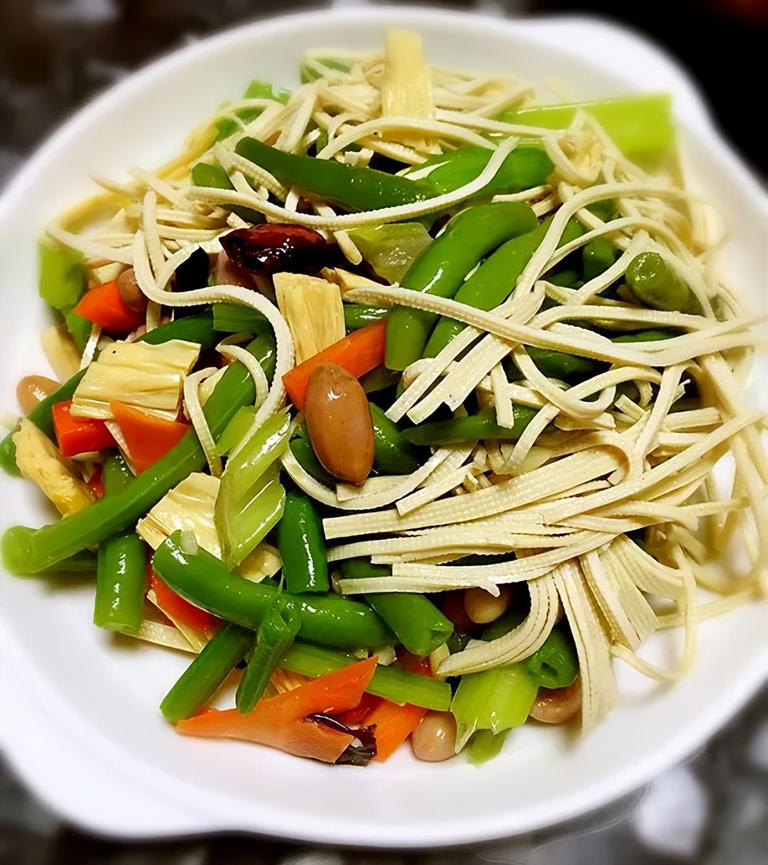
6. Cut Watermelon
Nothing beats a cold slice of watermelon in summer. But once cut, watermelon becomes a “paradise” for bacteria. Even if wrapped in plastic and refrigerated, bacteria can still multiply quickly on its moist surface, turning it into a potential health hazard. Many food poisoning cases have been traced back to eating leftover watermelon stored overnight. The safest approach: buy only what you can finish, and eat it fresh.
Final Note: Not all leftovers are harmful — with proper storage, many foods can be safely consumed within 24 hours. But with these 6 foods, keeping them overnight is like gambling with your health and your family’s safety. Sometimes, throwing away a little leftover food is the smartest way to save money — after all, hospital bills are far more costly than a single meal.
News in the same category

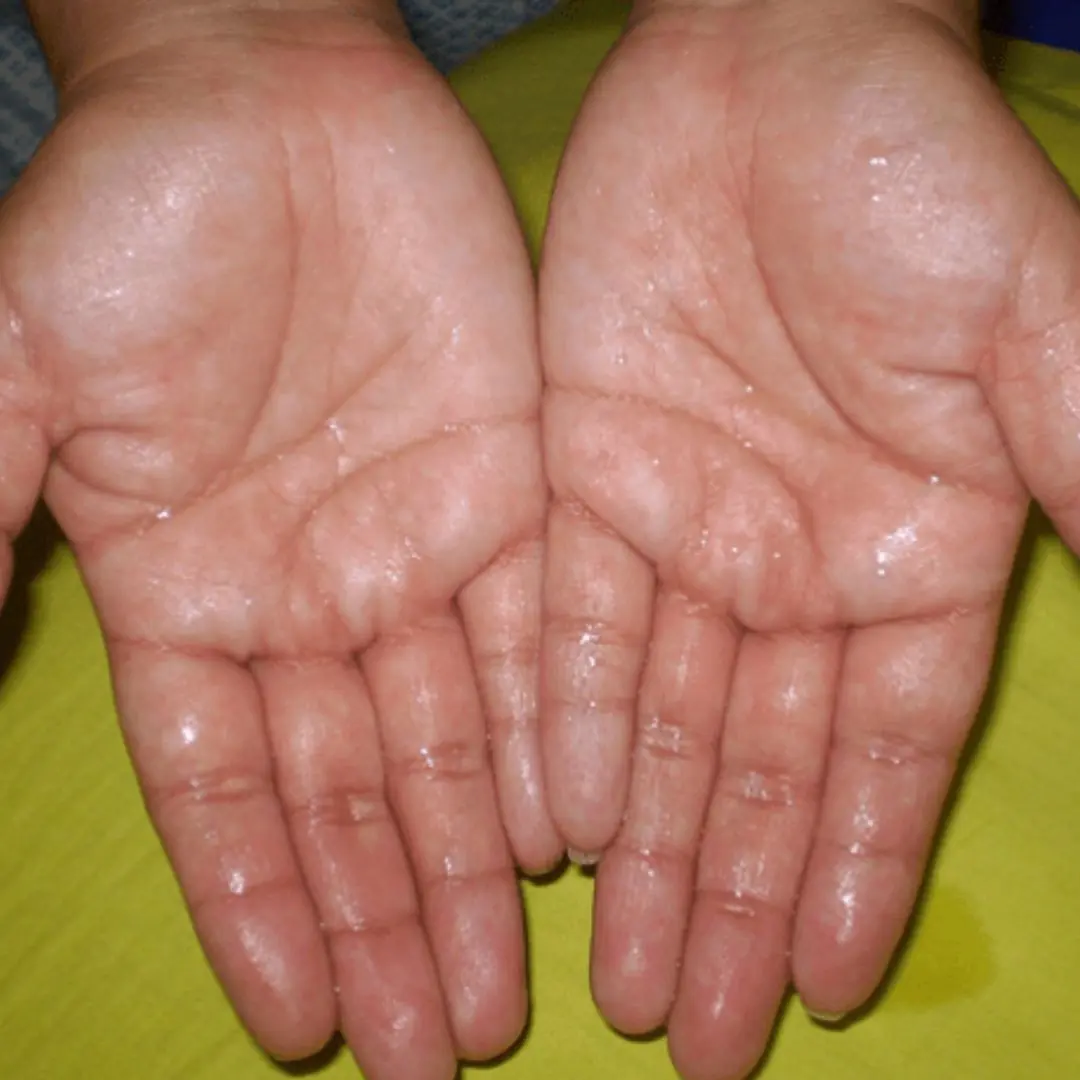
What’s Really Going On When Your Hands and Feet Won’t Stop Sweating?

Cold Feet All the Time? 6 Reasons That Have Nothing to Do With the Weather

What Exactly Is a Stye — and How Can You Get Rid of It?
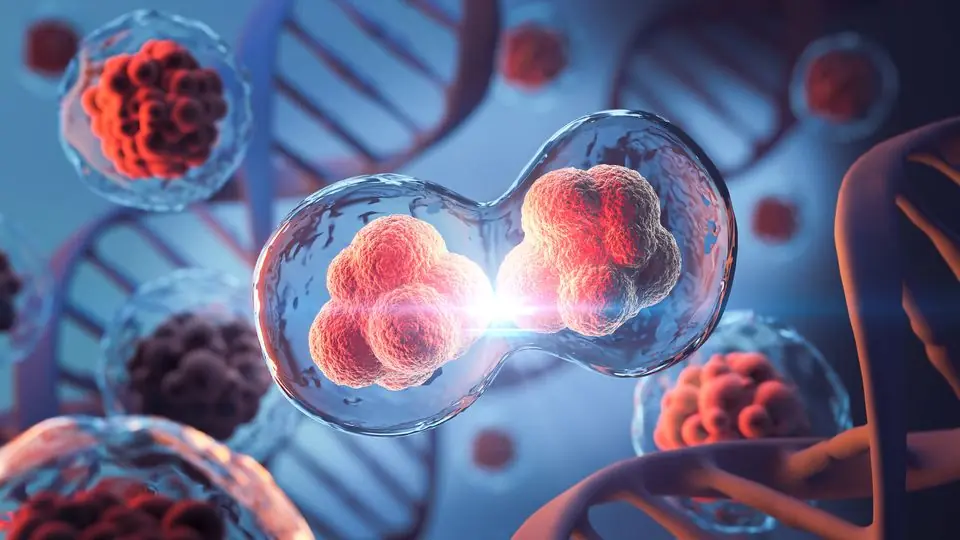
Can.cer Cells Love These 4 Foods

A 25-Year-Old Girl Developed L.ung Consolidation in Just 3 Days

3 reasons why the elderly are susceptible to high bl.o.o.d fat and how to fix it
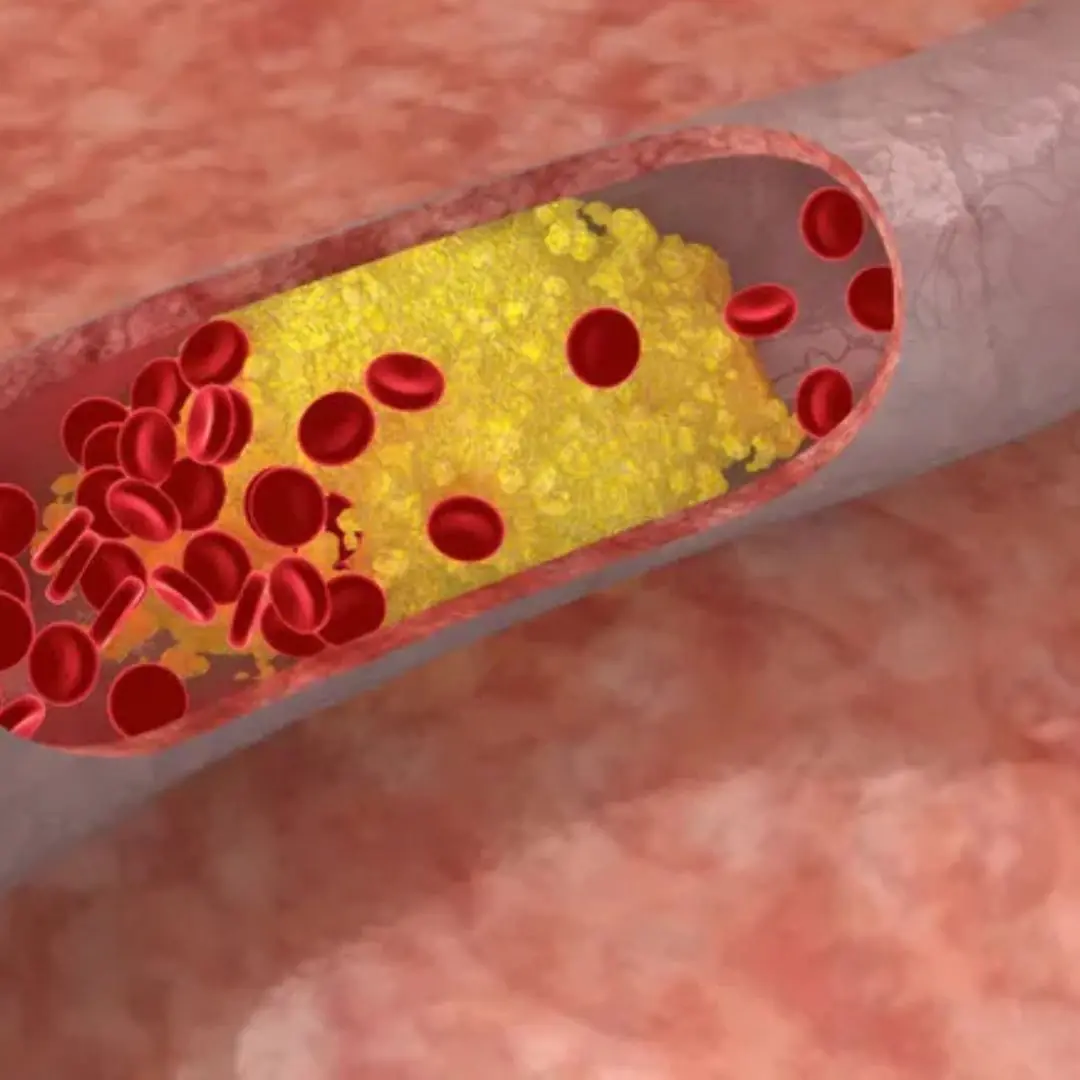
6 hidden dangers of fatty blood disease doctors warn about
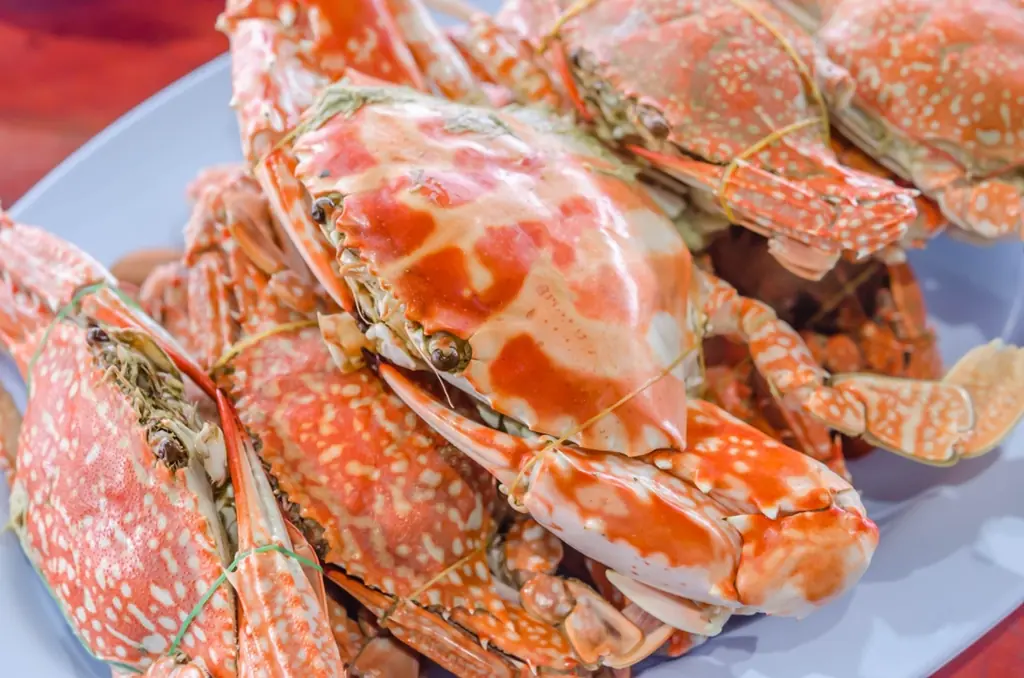
5 Wild-Caught Fish That Cannot Be Farmed
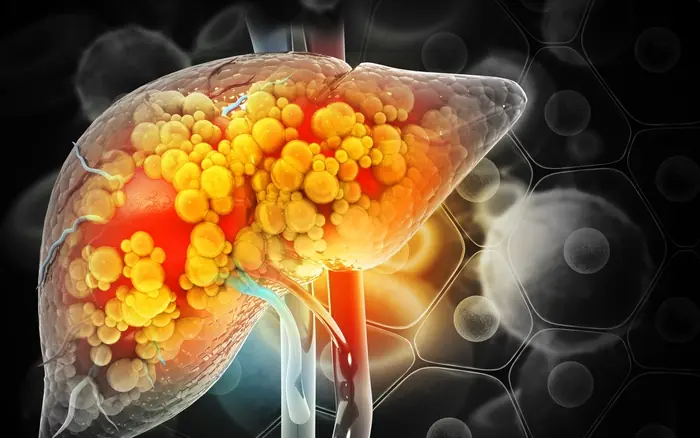
Blo.od Fat and Li.ver Fat Can Skyrocket If You Overuse This Drink

Your hands can warn you: 5 back-of-hand signs linked to health issues

Why you should avoid fruits after meals — and when to eat them instead
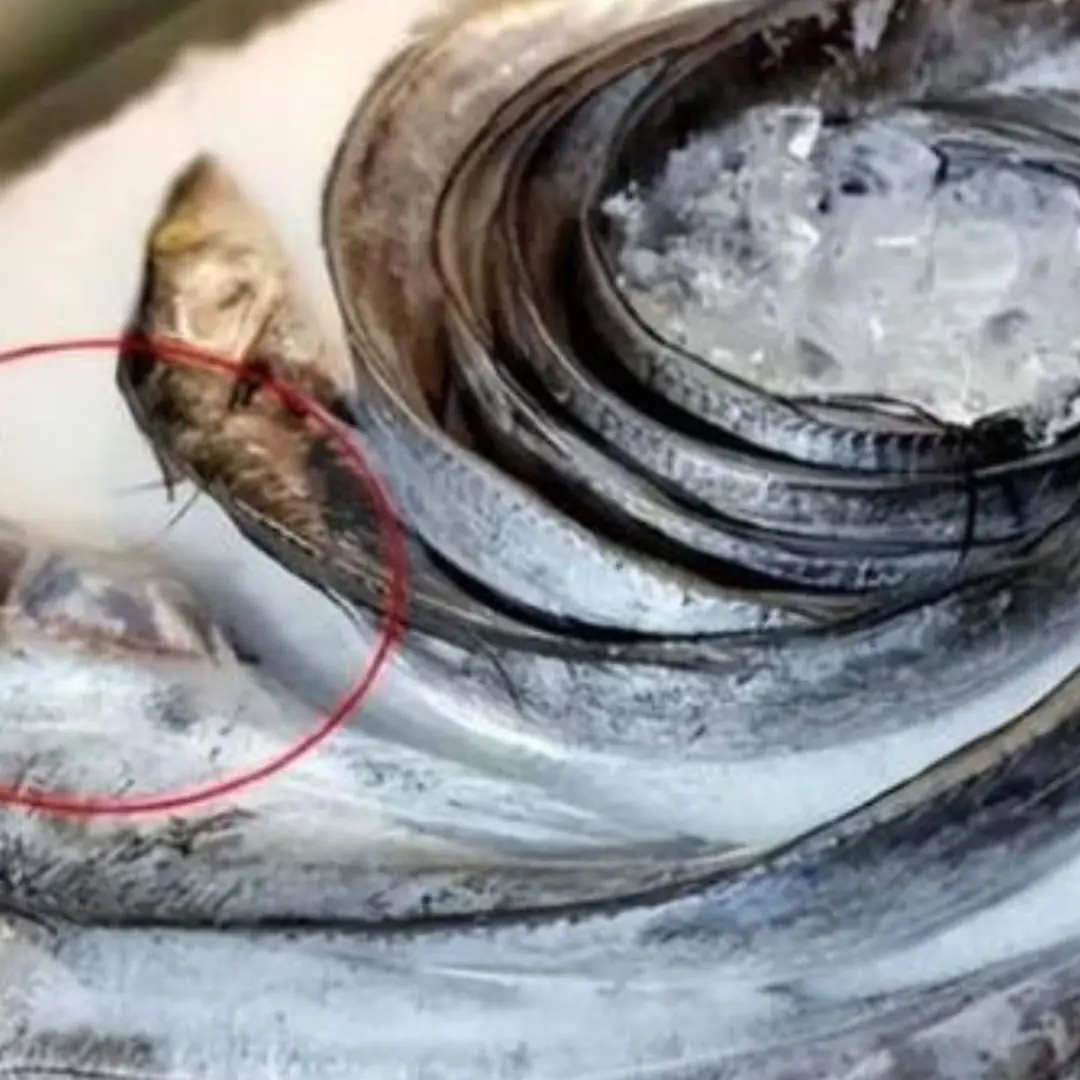
4 types of fish are listed as 'cancer causing'! Eating too much will cause cancer
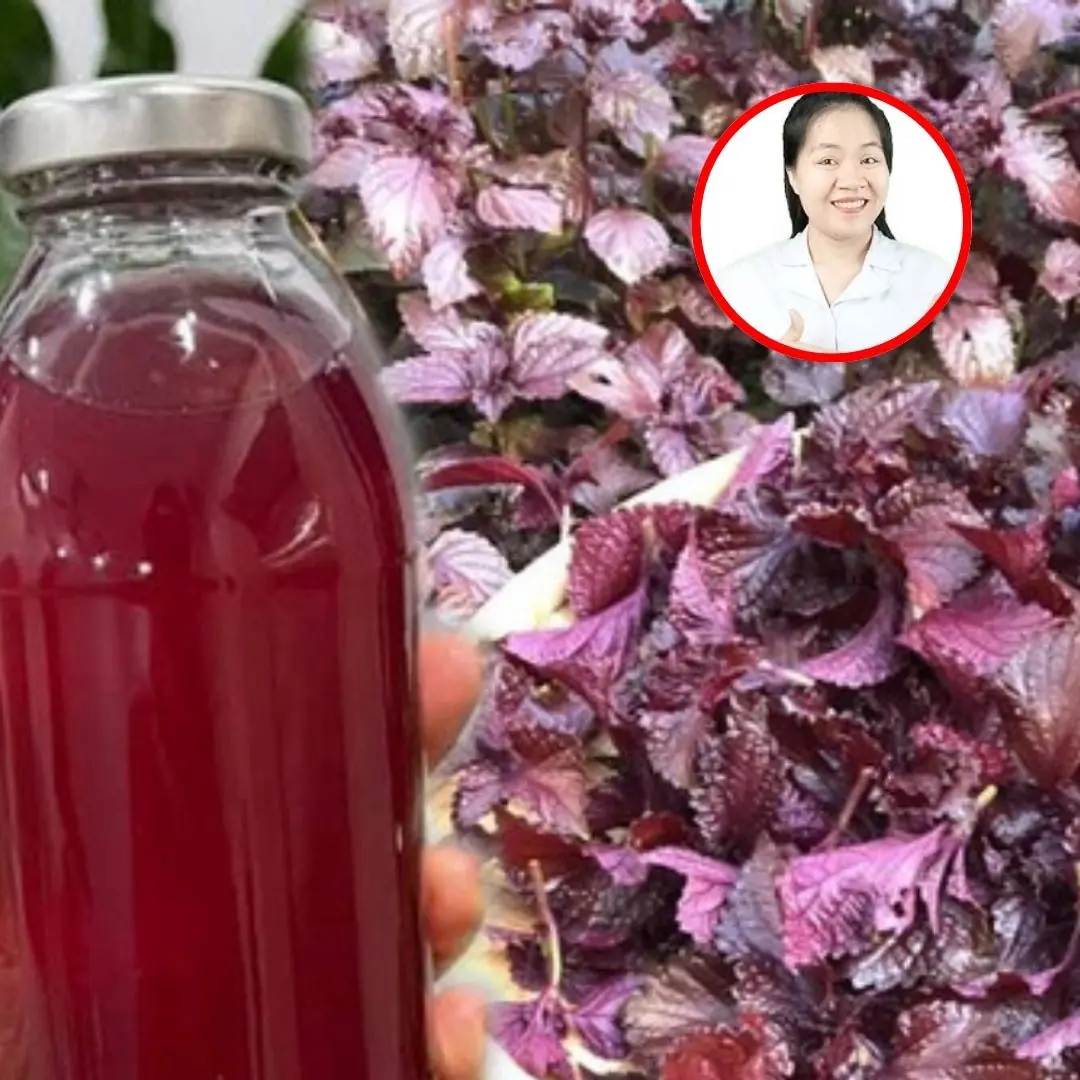
Discover 7 Amazing Ways Drinking Perilla Leaf Water Regularly Can Boost Your Health and Well-Being
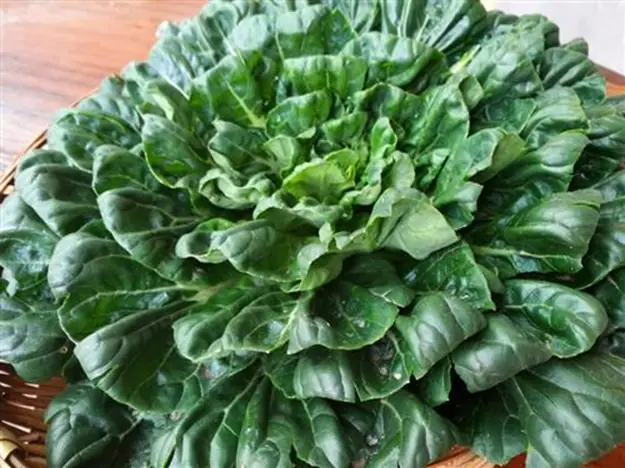
Three Types of Vegetables with the Highest Pesticide Residues

Doctor Warns: 5 Symptoms That Could Indicate Bone Cancer
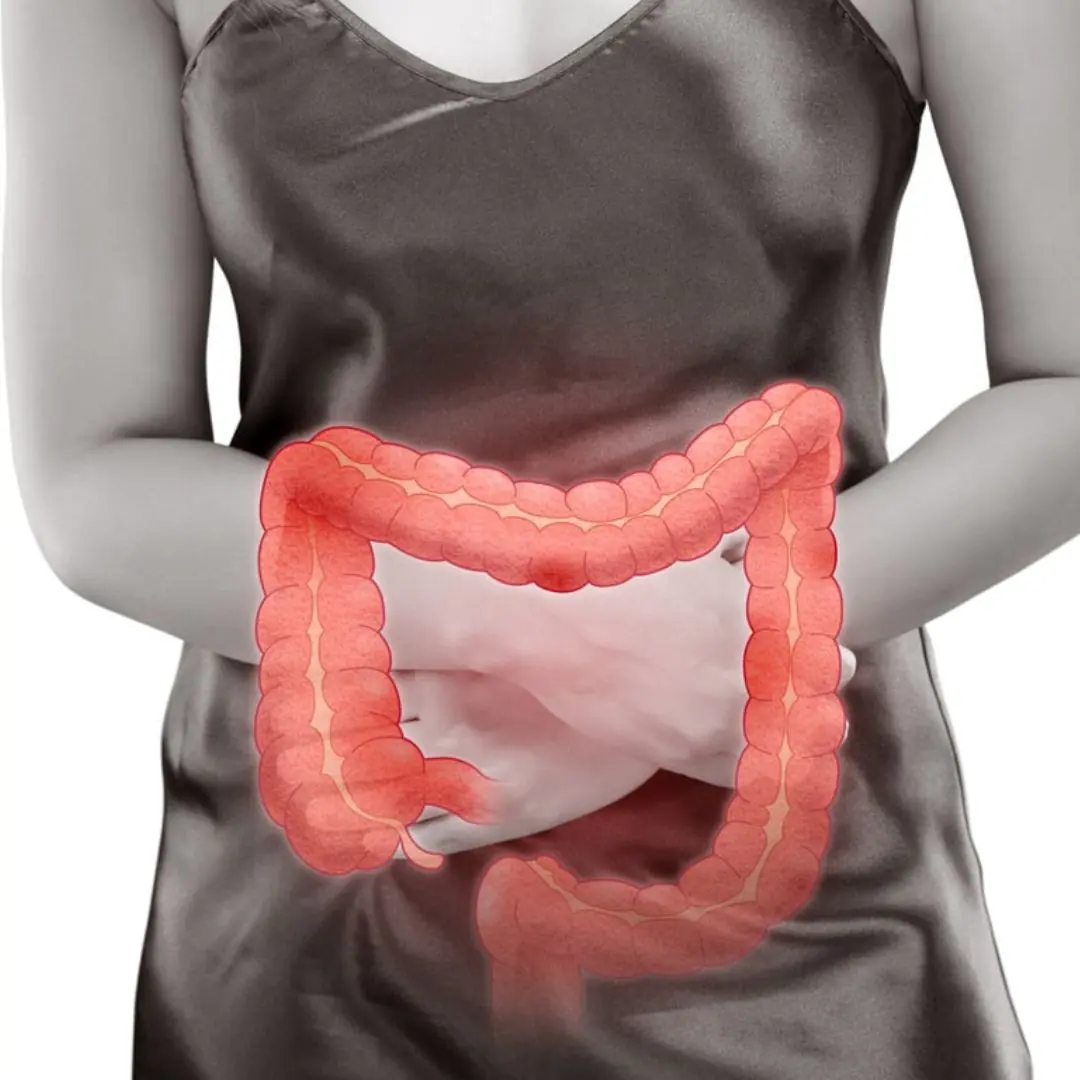
7 foods to avoid in a colon cancer diet
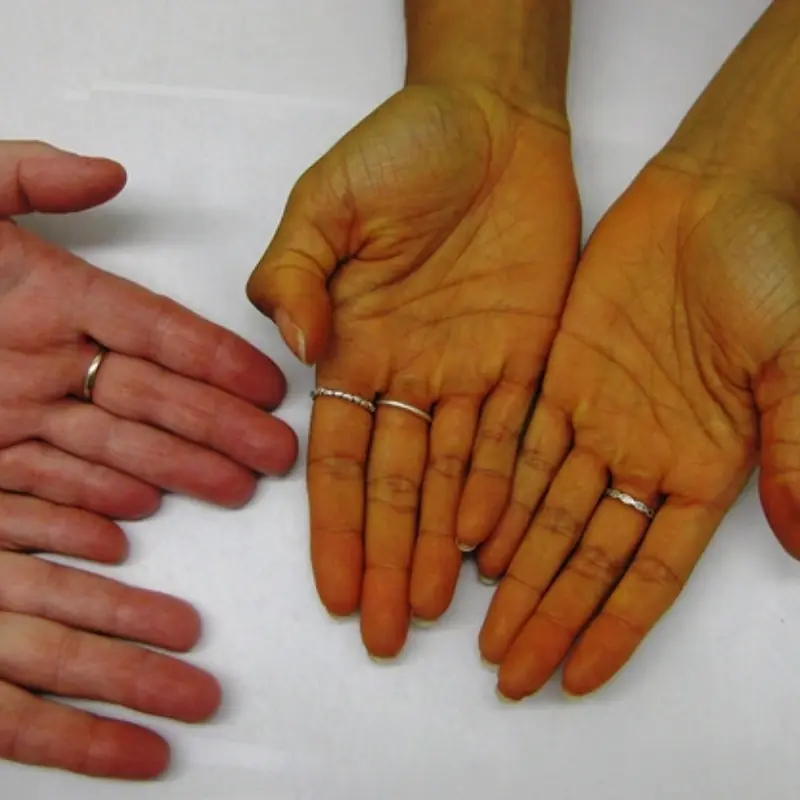
These Are the 5 Earliest Warning Signs Your Body Sends When Can.cer

5 Early Clues Your Body Sends When Bile Du.ct Can.cer Is Taking Hold
News Post

5 dangerous habits that are destroying your liver: Quit now before it's too late

What’s Really Going On When Your Hands and Feet Won’t Stop Sweating?

Cold Feet All the Time? 6 Reasons That Have Nothing to Do With the Weather

What Exactly Is a Stye — and How Can You Get Rid of It?

Can.cer Cells Love These 4 Foods

A 25-Year-Old Girl Developed L.ung Consolidation in Just 3 Days

3 reasons why the elderly are susceptible to high bl.o.o.d fat and how to fix it

6 hidden dangers of fatty blood disease doctors warn about

5 Wild-Caught Fish That Cannot Be Farmed

Blo.od Fat and Li.ver Fat Can Skyrocket If You Overuse This Drink

Your hands can warn you: 5 back-of-hand signs linked to health issues

Why you should avoid fruits after meals — and when to eat them instead
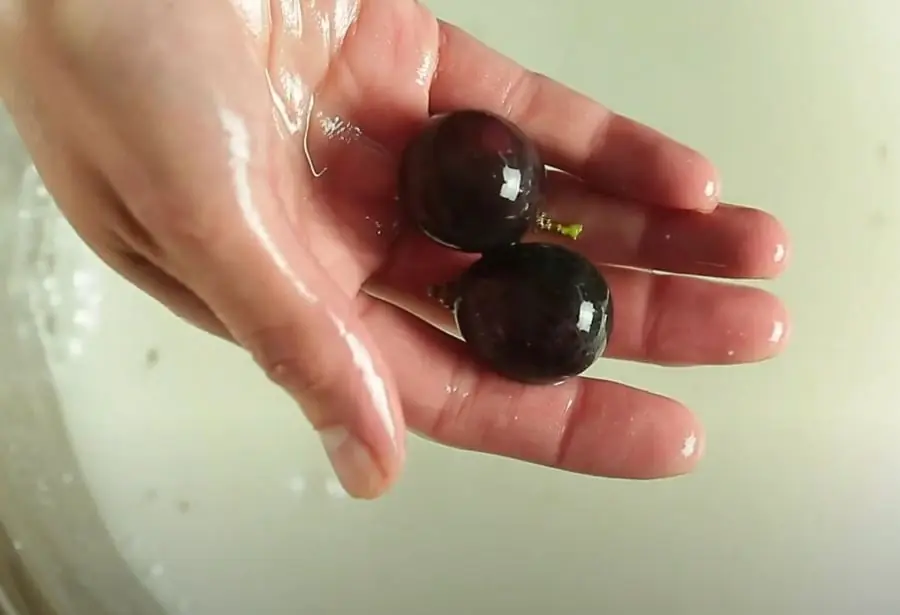
Don’t Eat Grapes Before You Know This Trick

4 types of fish are listed as 'cancer causing'! Eating too much will cause cancer

Doctor explains why you should always shower at night instead of the morning

Discover 7 Amazing Ways Drinking Perilla Leaf Water Regularly Can Boost Your Health and Well-Being

Three Types of Vegetables with the Highest Pesticide Residues
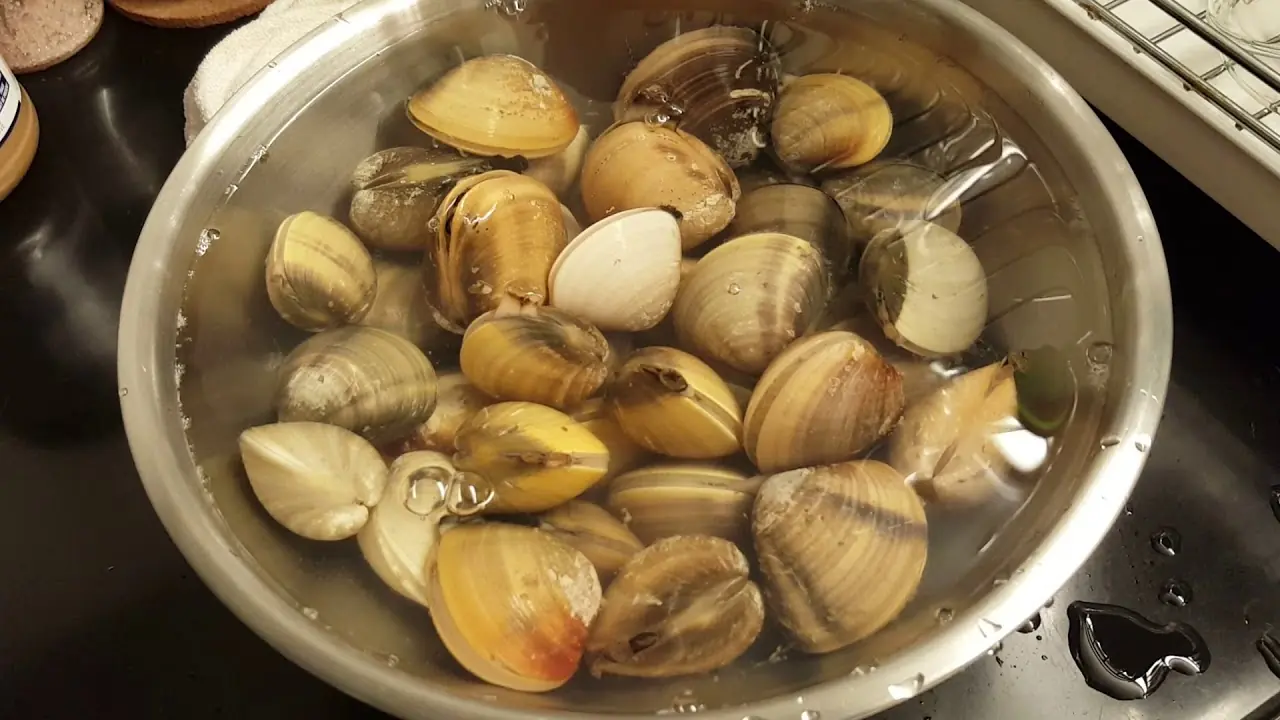
No Matter How You Wash Clams, There’s Still Grit Inside?
